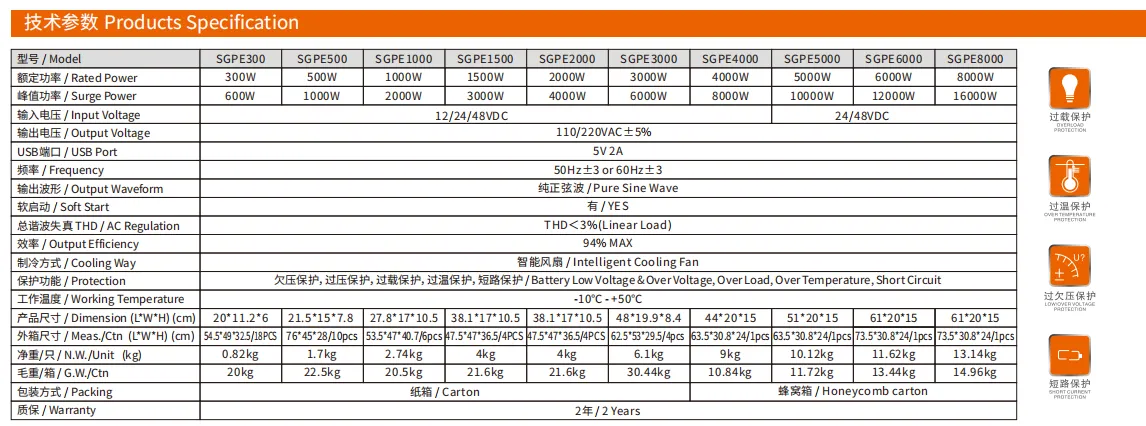solar air conditioning system
Solar Air Conditioning Systems Harnessing the Sun for Sustainable Cooling
In an era where climate change and environmental sustainability are paramount, solar air conditioning systems have emerged as a revolutionary solution to a pressing need cooling our homes and workplaces without the high environmental cost associated with traditional air conditioning methods. As global temperatures rise, the demand for efficient and eco-friendly cooling solutions is more urgent than ever. Let's explore how solar air conditioning systems work, their advantages, and their potential for the future.
How Solar Air Conditioning Works
Solar air conditioning systems utilize solar energy to provide cooling, thereby reducing reliance on fossil fuels. These systems come in various forms, but they generally fall into two main categories solar photovoltaic (PV) systems and solar thermal systems.
1. Solar Photovoltaic (PV) Systems These systems convert sunlight directly into electricity using solar panels. The electricity generated can then power conventional air conditioning units or specially designed solar air conditioning units. This setup allows for an efficient transition from sunlight to cooling, particularly in regions with high solar insolation.
2. Solar Thermal Systems Unlike PV systems, solar thermal systems harness solar energy to generate heat. This heat is then used to power absorption chillers or desiccant cooling systems. In absorption chilling, the heat from the sun evaporates a refrigerant, which is then absorbed by another substance, facilitating the cooling process. Solar thermal systems are particularly effective in areas with a consistent supply of sunlight and can yield significant energy savings.
Advantages of Solar Air Conditioning
1. Environmental Benefits The most significant advantage of solar air conditioning is its reduced carbon footprint. By using renewable solar energy, these systems drastically cut greenhouse gas emissions compared to traditional air conditioning units powered by fossil fuels. This can play a crucial role in combating climate change and promoting a healthier planet.
solar air conditioning system

2. Cost Savings Although the initial investment for solar air conditioning systems can be higher than conventional units, the long-term savings are substantial. By generating their own power, homeowners and businesses can reduce their electricity bills significantly. In many cases, financial incentives such as tax credits and rebates for solar installations further enhance the economic viability of these systems.
3. Energy Independence Solar air conditioning systems contribute to energy independence by decreasing reliance on traditional energy sources. This is especially beneficial in remote areas that may suffer from unreliable power supply. By harnessing the sun's energy, communities can ensure consistent and sustainable cooling.
4. Operational Reliability Solar air conditioning systems are known for their durability and low maintenance costs. Since they use fewer moving parts compared to traditional units, they typically have a longer lifespan and require less frequent repairs.
Challenges and Future Prospects
While solar air conditioning systems offer numerous benefits, they are not without challenges. The initial costs can be prohibitive for some, and the efficiency of solar systems is heavily dependent on geographic location and weather conditions. Furthermore, energy storage is an essential aspect that needs to be addressed, as cooling demands often peak during times when solar energy production may not suffice, such as at night.
However, advancements in technology, such as improved battery storage solutions and more efficient solar panels, are paving the way for wider adoption of solar air conditioning systems. Innovations in smart technologies are also integrating solar cooling with smart grid solutions, allowing for more efficient energy use and management.
Conclusion
Solar air conditioning systems represent a promising step towards sustainable cooling solutions in our increasingly warming world. By harnessing the power of the sun, these systems not only provide efficient cooling but also contribute to a reduction in greenhouse gas emissions and foster energy independence. As technology continues to evolve, it is likely that solar air conditioning will become a standard in both residential and commercial settings, leading us toward a more sustainable and energy-efficient future. Embracing solar air conditioning is not just a choice—it's a commitment to a healthier planet and a more sustainable way of living.
-
Unlocking Energy Freedom with the Off Grid Solar InverterNewsJun.06,2025
-
Unlock More Solar Power with a High-Efficiency Bifacial Solar PanelNewsJun.06,2025
-
Power Your Future with High-Efficiency Monocrystalline Solar PanelsNewsJun.06,2025
-
Next-Gen Solar Power Starts with Micro Solar InvertersNewsJun.06,2025
-
Harnessing Peak Efficiency with the On Grid Solar InverterNewsJun.06,2025
-
Discover Unmatched Efficiency with the Latest String Solar InverterNewsJun.06,2025







